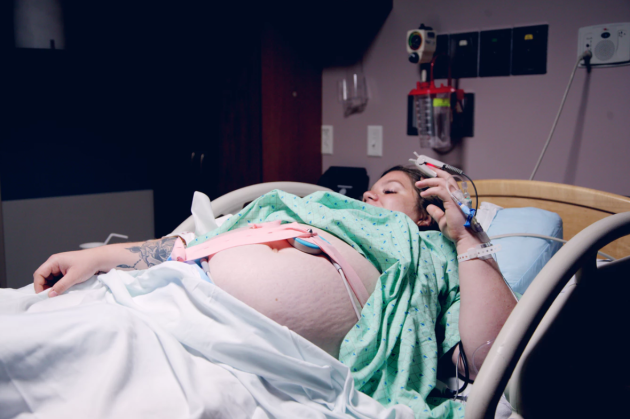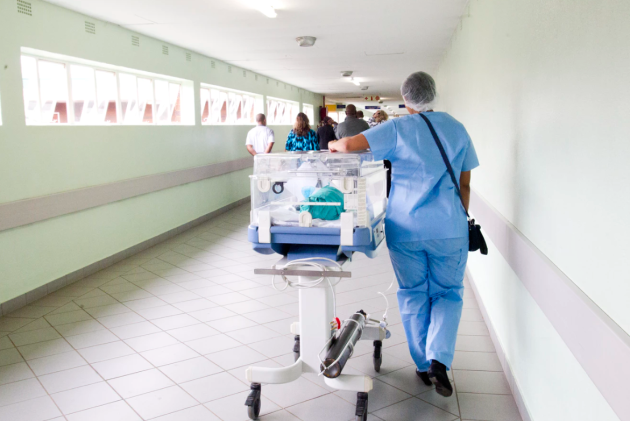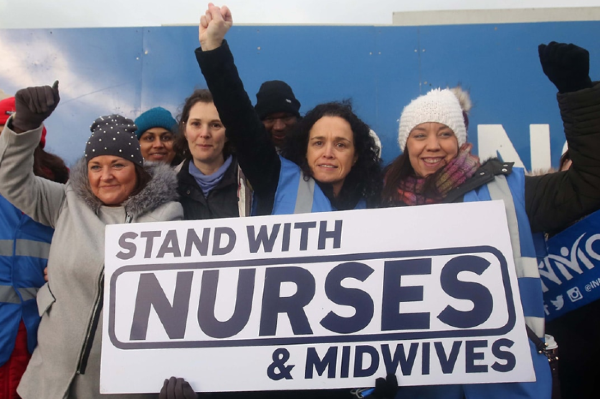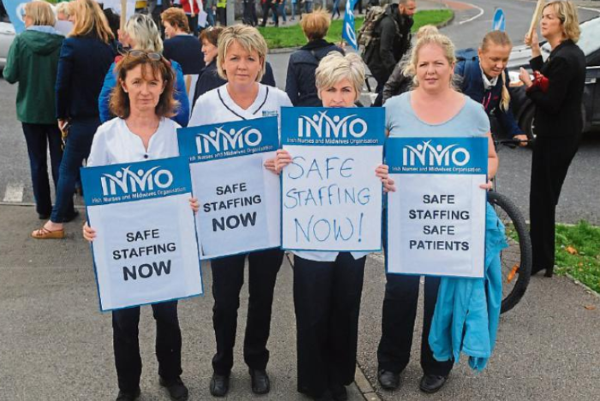
Almost 30,000 Irish people on waiting list to see a gynaecologist
Almost 30,000 people across Ireland are on a waiting list to see a gynaecologist for an outpatient appointment, consultants have warned. This is a massive increase of 43 percent since 2014.
The #CareCantWait campaign from the Irish Hospital Consultant Association (IHCA) has been launched today, warning of the hazardous consequences of lengthy wait times on patients.
The campaign is also calling on the Government to address the problem of consultant shortages with speed and empathy.
Today we are launching #CARECANTWAIT, to highlight patients continuing lack of access to acute hospital care and increasing #WaitingTimes for consultant appointments and the commencement of treatment.
Follow our campaign https://t.co/fc5dTArzJg pic.twitter.com/H0uz60GrAg
— IHCA (@IHCA_IE) June 10, 2019
Currently, one-in-five permanent consultant posts in Ireland's HSE are unfilled or else filled by temporary appointments. As a nation, we have the lowest amount of consultants working in the health service in the EU.
There's no doubt that this shortage is having an influence on the long waiting times and stark lack of access to essential services, according to the IHCA.
Ireland has the third-highest fertility rate in the EU, but the State has less than half of the EU average amount of specialists working in obstetrics and gynaecology.
Dr. Rhona Mahony, Consultant Gynaecologist
“There are almost 30,000 #women across #Ireland waiting for a gynaecological outpatient appointment with a consultant. It is really quite distressing, mainly for #patients, but also for those charged with giving care.” #CARECANTWAIT pic.twitter.com/U0uLgKxfeB
— IHCA (@IHCA_IE) July 1, 2019
Dr. Rhona Mahony, consultant obstetrician and gynaecologist and director of women’s health for the Ireland East Hospital Group has spoken out in a series of videos expressing her concerns.
She described the number of women waiting for gynaecological outpatient appointments as “distressing”, adding that Ireland has the lowest number of consultants in the OECD.
Dr Mahony emphasised that waiting lists have a "huge impact on quality of life", and claimed that many "simple procedures can change lives and radically improve a patient’s quality of life."
"Not to be able to offer that to patients, in a country like Ireland, is really quite distressing, mainly for patients but also for those charged with giving care," she stressed.

Shockingly, 29,152 people who identify as women are waiting for a gynaecological outpatient appointment with a consultant at a public hospital in Ireland.
The highest numbers of people awaiting care are at Dublin hospitals, with 3,828 women waiting for an appointment at the Rotunda, 3,130 waiting at Tallaght and 2,542 waiting at the Coombe.
In Cork, 1,553 women are waiting to be seen at Cork University Hospital, and 1,184 are waiting at Limerick University Hospital. 1,467 women are waiting at the Midland Regional Hospital in Portlaoise and 1,385 are waiting in Mullingar.
Galway University Hospital has 1,882 women waiting for an outpatient appointment while Letterkenny has 1,773. Lastly, Cavan is seeing 1,142 waiting for care.

Waiting list figures from the end of May show over 556,000 patients waiting to see a consultant for an outpatient appointment, while a further 68,000 who have been assessed are waiting for follow-on treatment.
Irish Hospital Consultant Association has expressed it's worry over the lack of care, saying; “Tens of thousands of these patients are waiting long periods, often several years, to obtain an outpatient appointment."
HCA vice president and consultant rheumatologist Laura Durcan said consultants felt the need to to go public about the situation to inform the nation;
“None of this is okay,” said Dr Durcan. “You should be able to access timely care.”

7,392 admitted patients have been forced to wait on trolleys for a hospital bed in June, according to the Irish Nurses and Midwives Organisation (INMO). This amount is seven percent higher than last year.
There were 482 patients on trolleys last Tuesday, which marks the highest total for any June day since records started, and is 49 percent higher than the same date of last year.
Phil Ní Sheaghdha, INMO general secretary, claims that this summer is as dire as the winter of five years ago; “Understaffing is driving year-round unsafe conditions,” she said











